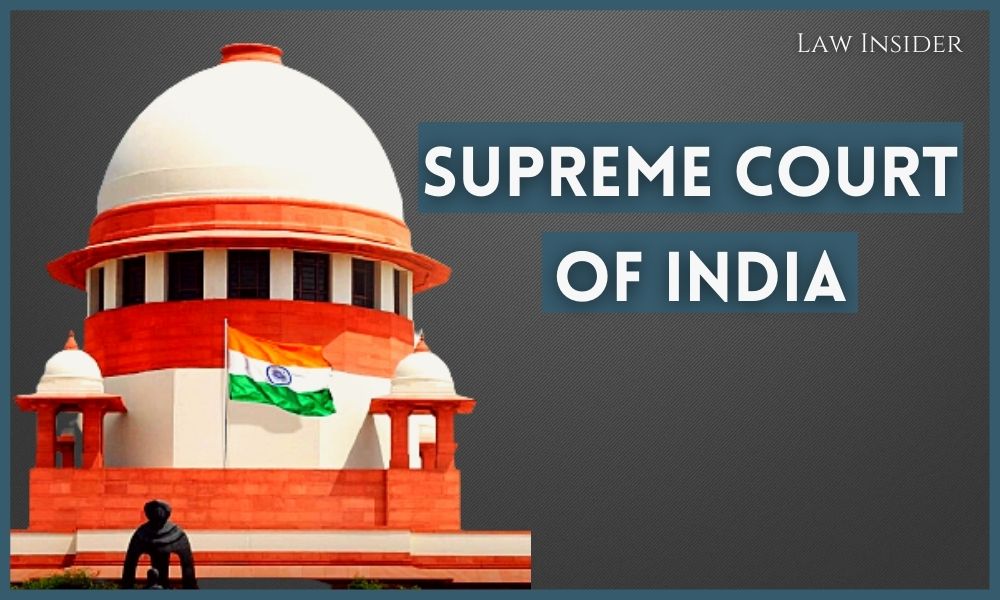Mitali Palnitkar
Published On: February 20, 2022 at 14:34 IST
A Bail Petition filed in the Supreme Court raised the question of whether Hindi is the national language of the country. The Plea was filed by a Telugu speaker challenging an observation made by the Bombay High Court in this regard.
Bail was refused to Appellant Gangam Sudhir Kumar Reddy by the Bombay High Court observing that Hindi language, in which Reddy was informed about his Statutory Rights, was the national language of the country.
The Plea was drawn by Advocate Lewish Edward and was filed through Advocate Sandeep Singh.
The High Court had stated that the Applicant was carrying out a business of tours and travels and thus it could be believed that he was aware about the topography and signals of the local language. Also, it could be presumed that he was aware about Hindi language, in which he was informed of his right under Section 50 of the Narcotics Drugs and Psychotropic Substances Act.
Reddy is a resident of Hyderabad, who was booked under the NDPS Act by the Mumbai Police. It was alleged that the Police recovered commercial quantity of Contraband from Reddy’s vehicle.
Reddy claimed that though he could converse only in Telugu, the Anti-Narcotics Cell informed him of his Statutory Rights in Hindi. He sought Bail citing non-compliance with Section 50 of the Act. However, it was rejected by the High Court.
In the Rejection Order, it was observed that when Reddy was conducting business of tours and travels, it was required to be acquainted with the language.
The contention in the Plea filed before the Supreme Court was that the High Court failed to consider that Hindi is not a national language. It was also stated that the particulars of Offence for which the Accused was arrested were not informed to him.
In the Plea, it was stated that as the grounds for the Arrest were not communicated to the Accused, his Fundamental and Statutory Rights were violated. It was pointed out that though a Charge-sheet was filed, the Accused was in Custody for over two years.
It was further stated that the Charges were yet to be framed and the Trial had not commenced.
In a recent observation made by Delhi High Court, in a Preventive Detention Case, a person has the fundamental right under Article 22(5) of the Constitution that the grounds of detention shall be communicated in writing in language understood by the person.

